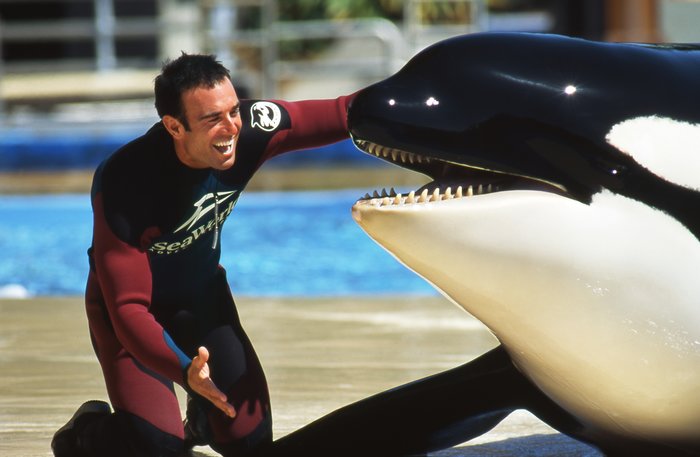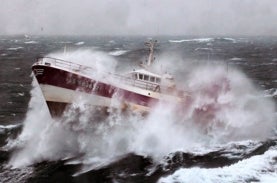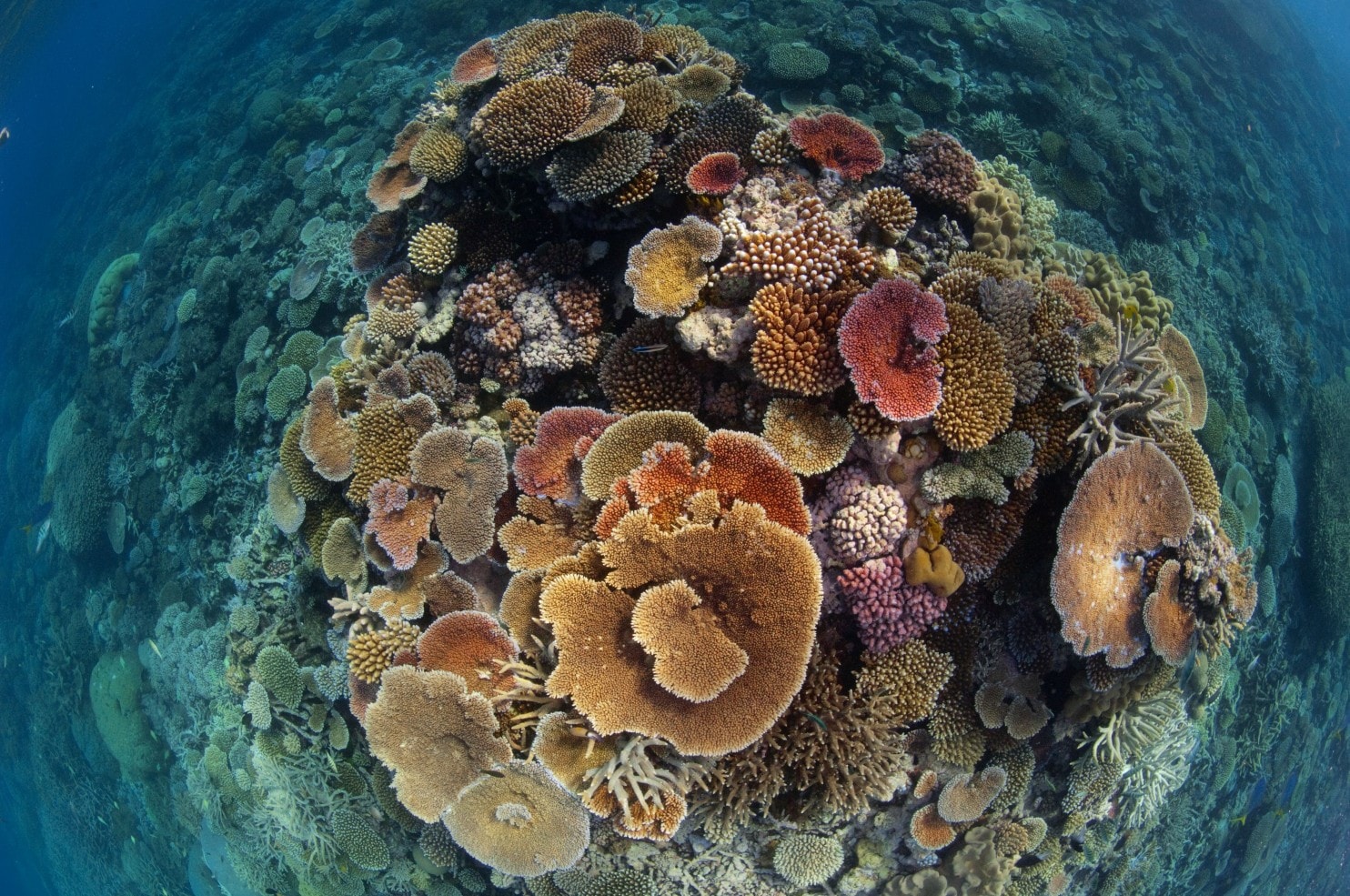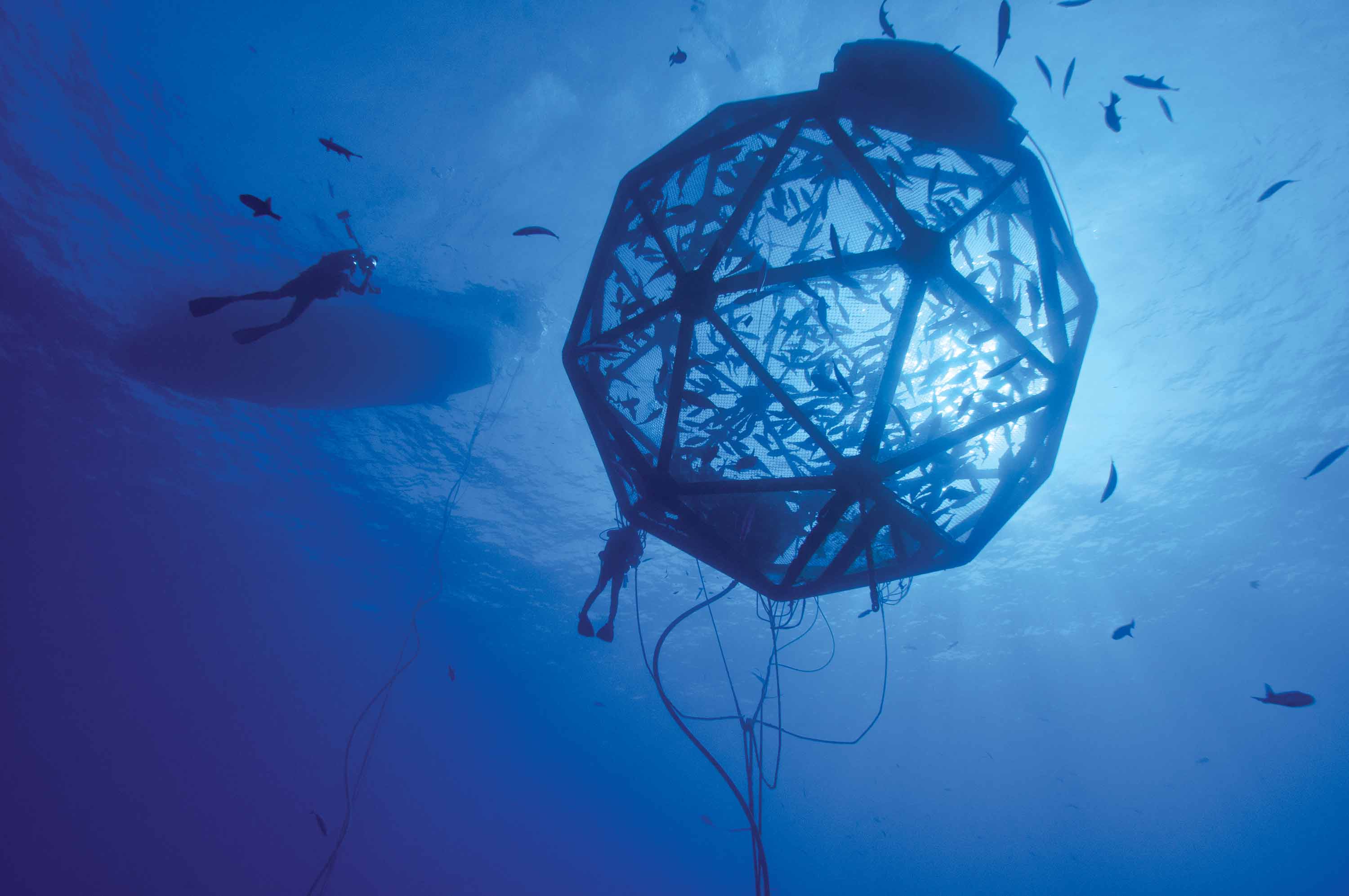According to a new study published in Nature Climate Change, we are now seeing a reduction in ocean circulation that is responsible for driving the Gulf Stream off of the US east coast. This phenomenon is scientifically referred to as the “Atlantic meridional overturning circulation”. What are the serious impacts of this change? Read more…
For more than 75 days straight, Costa Rica has been able to run the country completely off of renewable energy. Most of the power has been generated from hydropower and a heavy rainy season. The nation has also implemented solar, wind, and geothermal power generation. Costa Rica is targeting to be totally carbon neutral by 2021. Read more…
According to a recent study, many of the personal care products that we use today are impacting our coral reefs. Chemicals in sunscreen have shown to actually promote a viral infection on coral which leads to coral bleaching. Researchers reviewed data in the Atlantic, Indian, and Pacific Oceans to prove this hypothesis. Many popular marine tourist locations have now banned the use of sunscreens. Read more…
This week on NPR, John Hargrove, an orca trainer, discussed the new book he published on the mistreatment of the SeaWorld whales. The book entitled Beneath the Surface, reveals some events and practices that Hargrove witnessed during his time at SeaWorld. This NPR interview also includes responses from SeaWorld employees. Hear the full interview and read more here…
5. World Closes in on Consensus to Regulate Fishing on the High Seas
Over the last decade, our oceans have lost 90% of large predatory fish. This includes tuna, billfish and swordfish. The population demise had been heavily a result of overfishing and harmful fishing practices. This week the United Nations agreed that it was time to take action and begin to protect the high sea. ‘The high seas’ refer to the water beyond the coastal state and makes up 58% of Earth’s oceans. It is possible that these intital discussions may lead to more marine protected areas in international waters. Read more…
As reported in previous Week in Review reports, the Great Barrier Reef is one marine area under extreme damage. In 1981 the reef was named a UNESCO World Heritage site due to it’s large and diverse populations of marine species. Between 1985 and 2012, scientists report that half of the reef’s coral died. Recently, the Australian government announced plans to expand a deep-water port that could create additional challenges for for conversation. It is also possible that UNESCO may have to put the reef on the list of “World Heritage Sites in Danger” due to coastal development. Read more…
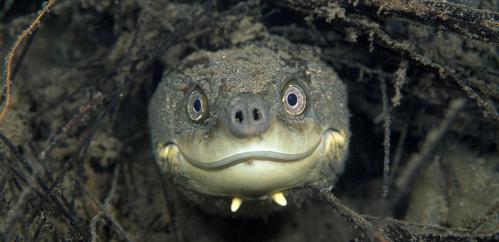
Over 300 Bellinger River Snapping turtles have been found distressed or dead on the north coast of New South Wales over the last month. If this mortality rate continues, the species will become extinct. These deaths are evidence that there is something seriously wrong with the river ecosystem. Read more…
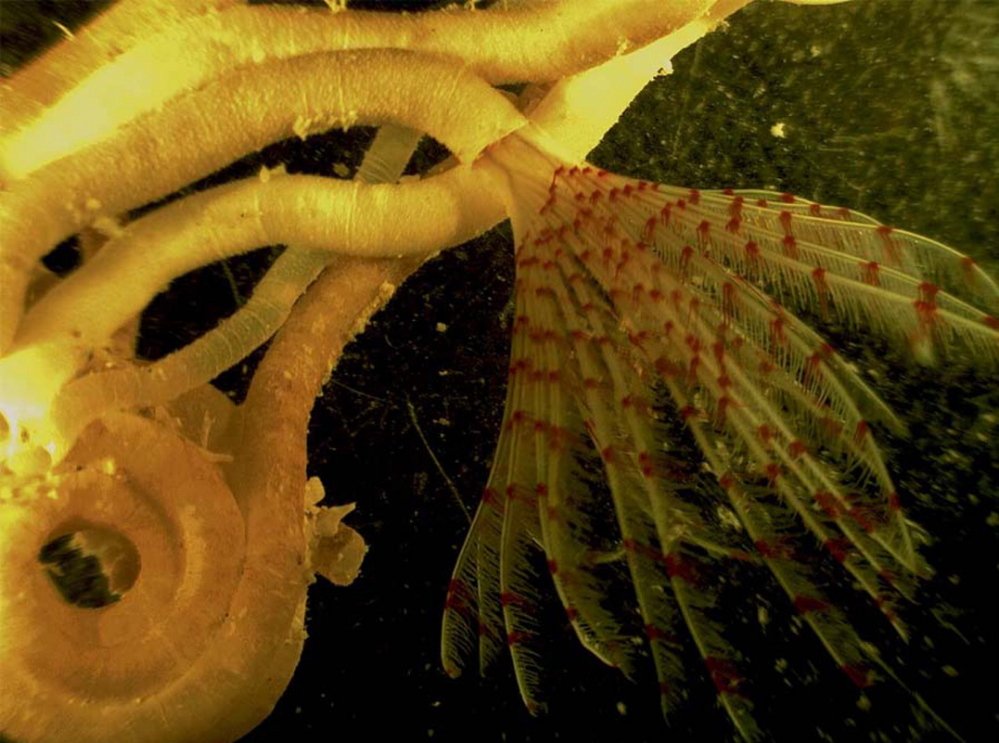 Not able to identify the species picture on the right? Neither was biologist Nancy Prentiss when she found this while snorkeling in St. John. This marine worm is not only a new species but a new genus. The scientific name that was given to this worm is Turbocavus secretus. Read more…
Not able to identify the species picture on the right? Neither was biologist Nancy Prentiss when she found this while snorkeling in St. John. This marine worm is not only a new species but a new genus. The scientific name that was given to this worm is Turbocavus secretus. Read more…
Sea Save Foundation is committed to raising awareness of marine conservation. The Week in Review is a team effort produced by the Sea Save staff to provide a weekly summary of the latest in marine research, policy, and news.


